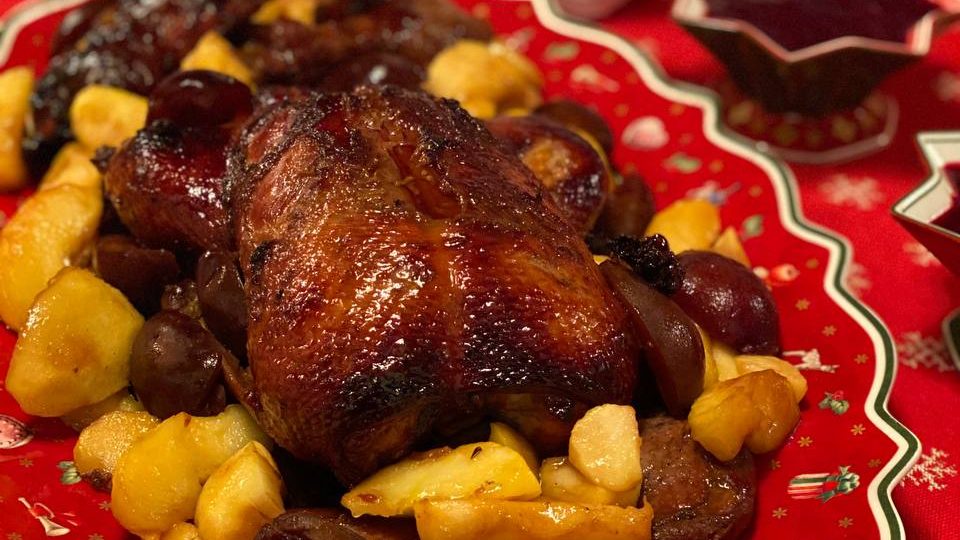It will not have escaped the attention of anyone with an interest in the football World Cup that there are many Argentinians who have Italian-
language surnames, in spite of the fact that Argentina is a Spanish-speaking
country.
Lionel Messi is mostly of Italian descent on both sides of his family. His
paternal great-grandparents were immigrants from the Marche area of north-eastern Italy – sometimes known in English as the Marches – which is
bordered on the east by the Adriatic Sea, and on the west by Tuscany.
Diego Maradona also had Italian roots. His father was of Amerindian Guaraní and Spanish Basque descent, but his mother – Dalma Salvadora Franco – was Italian in origin.
The Argentinian former manager of Tottenham Hotspur and Paris Saint-
Germain, Mauricio Pochettino, also has an Italian-language name. His great-
grandfather emigrated to South America from the Piedmont area of north-western Italy and settled in the rather surprisingly named town of Murphy, founded by a 19th-century immigrant from Ireland.
Of the current Argentinian World Cup squad, the left-back Nicolás Tagliafico is also descended from Italian immigrants, with his paternal grandparents having come from Genoa and his maternal grandparents from Calabria, the area of southern Italy often described as the “toe”. The goalkeeper Franco Armani also has Italian origins.
None of this is surprising if we note that between 1880 and 1910, Argentina
(along with neighbouring Uruguay) received a very large number of incomers from Italy, and large-scale immigration continued until 1940. Today more than 60% of Argentinians have at least some Italian ancestry.
Most of the Italians who emigrated to Argentina came from rural areas, and
by no means were all of them literate. Also, as was typical of Italy at the time,
most of them did not speak Italian as such. Rather, they spoke one of Italy’s
numerous regional languages, such as Sicilian, Sardinian, Piedmontese, Lombard, Venetian, Neapolitan…
The presence of very large numbers of non-Spanish speakers in the country
had interesting linguistic consequences for Argentina. Spanish and Italian are rather closely related languages, and Spanish speakers sometimes claim that they find Italian easier to understand than Portuguese. So Italian peasants who arrived in Buenos Aires and other Argentinian cities were not totally at a loss when it came to communicating with Argentinians. Simplified, informal conversations could take place, so long as these concerned everyday matters and there was goodwill on both sides.
After their arrival, Italians would generally start modifying the way they
spoke in the direction of Argentinian Spanish, until they reached a point
where their speech was fairly readily comprehensible to the Spanish-
speaking host community. For example, Italians might well stop saying cane for ‘dog’ and start saying perro, but they would not modify Italian amico ‘friend’ in the direction of Spanish amigo because there was no need – Spanish speakers would understand what they meant anyway.
This hispanicised Italian, or Italianised Spanish, came to be known as Cocoliche, and it was very widely spoken and understood in Buenos Aires. But when immigration from Italy dried up during the second world war, and there was no further supply of newly-arrived Italians who could not speak Spanish, Cocoliche gradually disappeared. By about 1970 it was gone.
But even if Messrs Messi and Pocchetino do not know Cocoliche, it is
quite possible that their grandparents did.
ARGENTINO
The name of the officially Spanish- speaking country of Argentina is not itself a Spanish-language word. Appropriately enough in view of Messi
and Maradona, it is actually taken from Italian. Argentino is an adjective which means “silver, made of silver”, with Argentina being the grammatically feminine form of the word.




